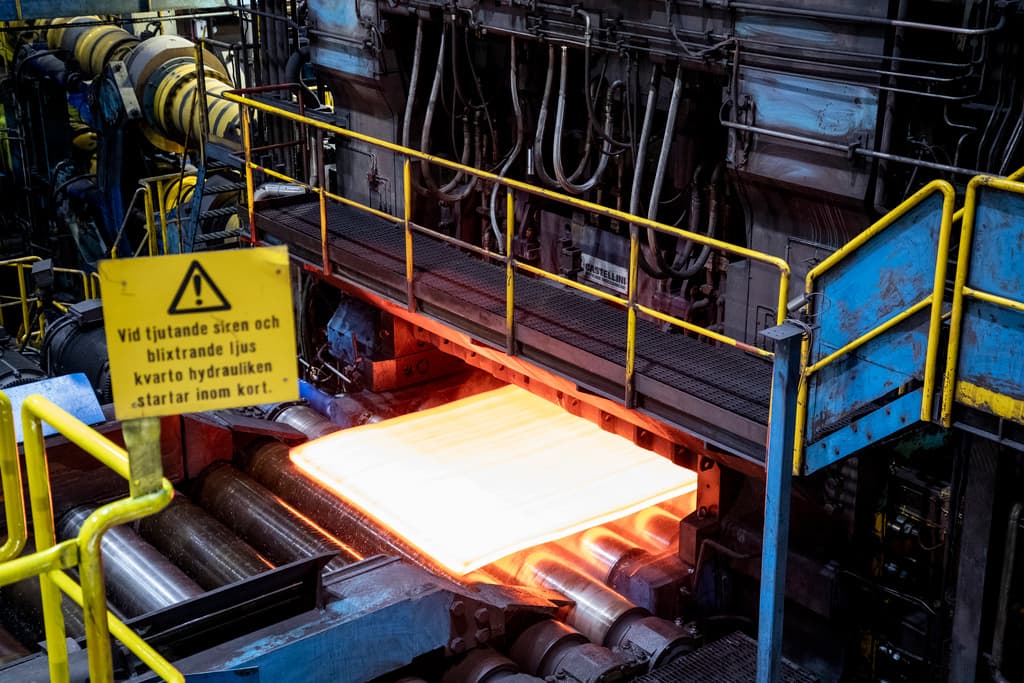The recovery in Swedish industry is progressing faster than in euro countries. Something that can be explained by the weakened krona.
But there is also a cloud of concern, says Jörgen Kennemar, business economist at Swedbank.
The Purchasing Managers' Index for the manufacturing industry in Sweden shows increased activity, while it continues to be slow in euro countries such as Germany and France.
The fact that Swedish industry is doing better is partly due to the weak krona, says Jörgen Kennemar.
Swedish export products become a little cheaper than our competitors'. And it shows that companies can get better returns on their exports.
The fact that Sweden has had modest wage increases compared to other countries has also benefited Swedish industry, he says.
Germany stands out
It is primarily Germany that Jörgen Kennemar believes stands out among euro countries, with a significantly darker Purchasing Managers' Index than the Swedish one.
German industry has a few more challenges, partly due to increased competition from China. Especially when it comes to cars, which German industry is very dependent on. More than we are.
But the fact that industry is doing worse in Europe can also have negative consequences for us in Sweden, continues Kennemar.
Swedish exports go largely to Europe and not least to euro countries. And if this long-term and slow development continues in the euro zone, we will get a worse outlet for our exports there.
Interest rate cuts are required
Now, more interest rate cuts from central banks are needed for industry in euro countries to catch up, he thinks.
The hope is that more positive signals will come this year, when the ECB (European Central Bank) may lower interest rates even more.
But there are also clouds of concern surrounding geopolitics. For example, France's political challenges now in connection with the election. Such things can also affect Swedish industrial trends further ahead.






